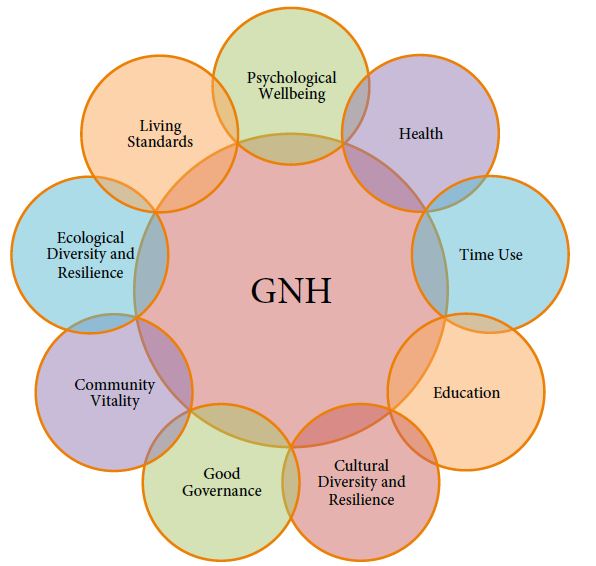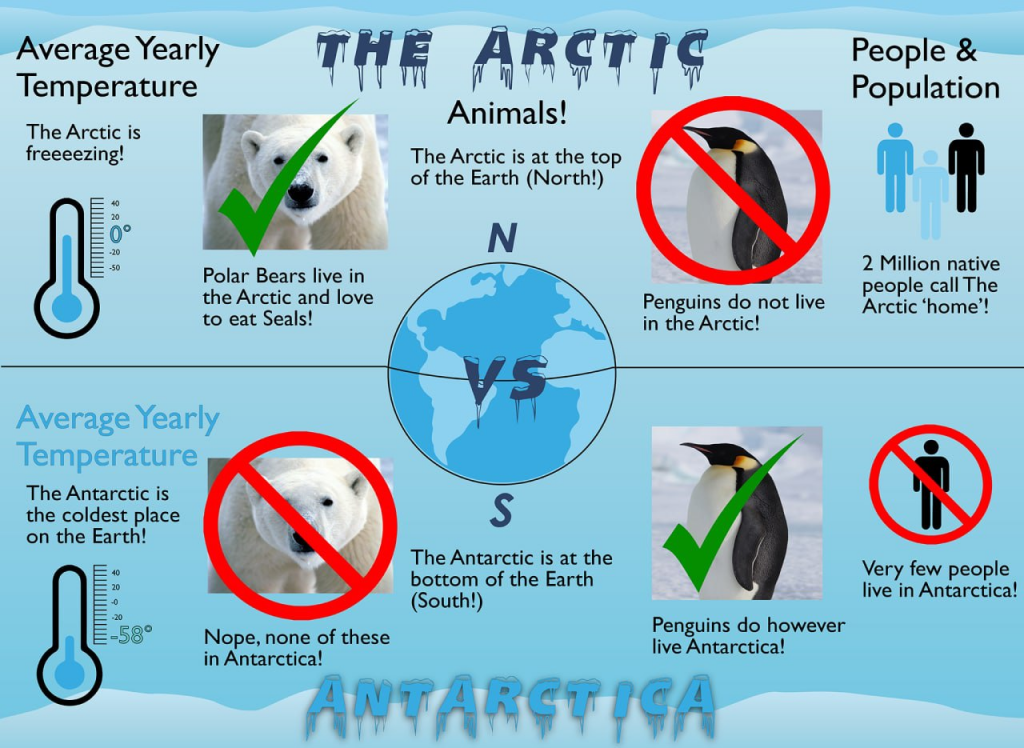1. Read Aloud – PTE Test Recent Exam Memories
TV Advertising – PTE Read Aloud
– 1 October 2021 @Wuhan, China
From a child’s point of view, what is the purpose of TV advertising? Is advertising on TV done to give actors the opportunity to take a rest or practice their lines ? Or is it done to make people buy things? Furthermore, is the main difference between programs and commercials that commercials are for real, whereas programs are not, or that programs are for kids and commercials for adults?
Selective History – PTE Read Aloud
– 8 October 2021 @Perth, Australia
History is selective. What history books tell us about the past is not everything that happened, but what historians have selected. They cannot put in everything: choices have to be made. Choices must similarly be made about which aspects of the past should be formally taught to the next generation in the shape of school history lessons.
Communication in 21st Century – PTE Read Aloud
– 11 October 2021 @Shenzhen, China
As we progress into the 21st century, communications are becoming faster and faster. Think of millions of different media images you are bombarded with every day. It is as important now to be able to read and make sense of these images, as it has been to be able to read ordinary text.
Executive Order – PTE Read Aloud
– 1 October 2021 @Beijing, China
But on May 3, a couple of weeks later, Lincoln issued an executive order calling for 43,000 three-year volunteers for the army, and also increasing the size of the regular army and navy by 40,000 men. Both of these actions were in apparent violation of the constitution.
2. Describe Image – PTE Test Recent Exam Memories
Powerful Passports (2 October 2021 @Beijing, China) – PTE Describe Image

GNH (3 October 2021@ Sydney, Australia) – PTE Describe Image

Arctic and Antarctica (1 October 2021@ Perth, Australia) – PTE Describe Image

3. Summarize Written Text – PTE Test Recent Exam Memories
Sleep Time (7 October 2021 @ Perth, Australia) – PTE Summarize Written Text
If it seems like you’re not getting enough sleep, you’re not alone. People have evolved to sleep much less than chimps, baboons or any other primates studied so far, a new study finds. Charles Nunn and David Samson are evolutionary anthropologists. They study how humans have evolved to behave the way we do. Nunn works at Duke University in Durham, N.C. Samson works at the University of Toronto Mississauga in Canada. In their new study, the two compared sleep patterns in 30 different species of primates, including humans. Most species slept between nine and 15 hours daily. Humans averaged just seven hours of shut-eye. Based on lifestyle and biological factors, however, people should get 9.55 hours, Nunn and Samson calculate. Most other primates in the study typically sleep as much as the scientists predicted they should. Nunn and Samson shared their findings online February 14 in the American Journal of Physical Anthropology.
The researchers argue that two long-standing features of human life may play into our short sleep times. The first stems from when humans’ ancestors descended from the trees to sleep on the ground. At that point, people probably had to spend more time awake to guard against predators. The second may reflect the intense pressure humans face to learn and teach new skills and to make social connections. That has left less time for sleep.
As sleep declined, rapid-eye movement — or REM — sleep took on an outsize role in humans, Nunn and Samson propose. REM sleep is when we dream. And it has been linked to learning and memory.
“It’s pretty surprising that non-REM sleep time is so low in humans,” Nunn says. “But something had to give as we slept less.”
4. Summarize Spoken Text – PTE Test Recent Exam Memories
Species Adaption (10 October 2021 @ Taipei, Taiwan China) – PTE Summarize Spoken Text
We appear to take it as a rule, or as a law of nature, that each species is adapted to the climate of its own home. For example, species from the Arctic, or even a temperate region, could not survive in a tropical climate, nor could a tropical species last long if it found itself at the South Pole. But it is true to say there’s too much emphasis placed on the degree of adaptation of species to the climates where they live. We assume that this adaptation – if all species are descended from a single form – must have taken place over millions of years, yet a large number of plants and animals brought from different countries remain perfectly healthy in their new home. Also, there are several examples of animal species that have extended their range, within historical times, from warmer to cooler latitudes and the other way round. Rats and mice provide good examples: they have been transported by man to many parts of the world and now have a far wider range than any other rodent, and they can be found living in the cold climate of the Faroe Islands to the north through the tropical zones to the Falklands in the south. It is possible to see adaptation to any climate as a quality that is part of an inborn flexibility of the physical and mental constitution of most animals. Therefore, the ability to survive in the most different climates by both man and his domestic animals, and the fact that elephants once existed in an ice age while living species live in tropical areas, should not be seen as deviations from the rule, but as examples of this flexibility being brought into action under particular circumstances.
Almost every exam has its own patterns of questions, if you want to master PTE test, you must get know its pattern first.
To put this into perspective, candidates who have taken PTE Academic Test several times may be aware of some questions are repeatedly showed during the exam, this is because the official PTE question database is limited and each instance of the test is directly randomized from this question bank.
Our PTE Prediction File is to record as much as of the official PTE question database, and with quality assurance measure we can guarantee a minimum of 60% similar questions of our question bank in the PTE exam.
Here are frequently asked PTE test memories and questions from the recent PTE exams (August 2021) with dates and locations.
More real PTE exam memory questions for October 2021?
Get start with signing up with PTE BANK!
Step 1: Register an account
Step 2: Choose your perfect PTE Exam Package
Step 3: Go to “My Account”, click on “download” to get PTE preparation materials




